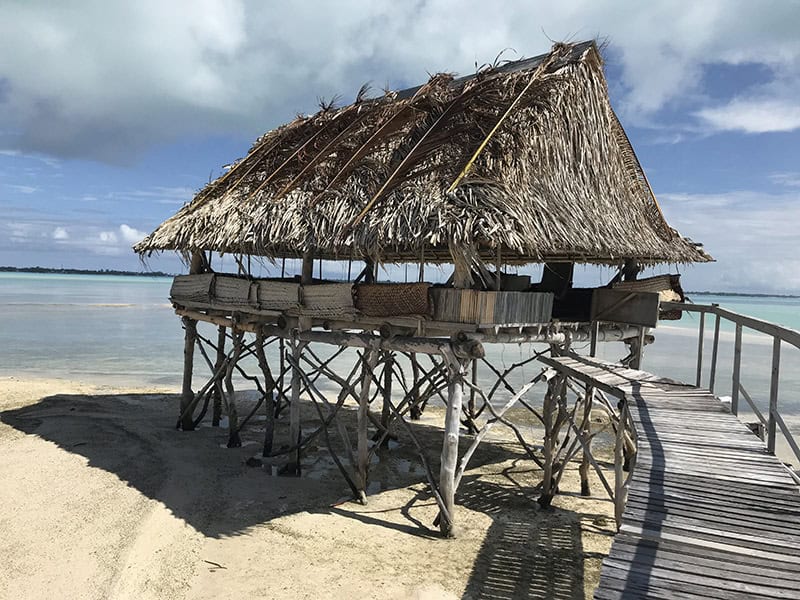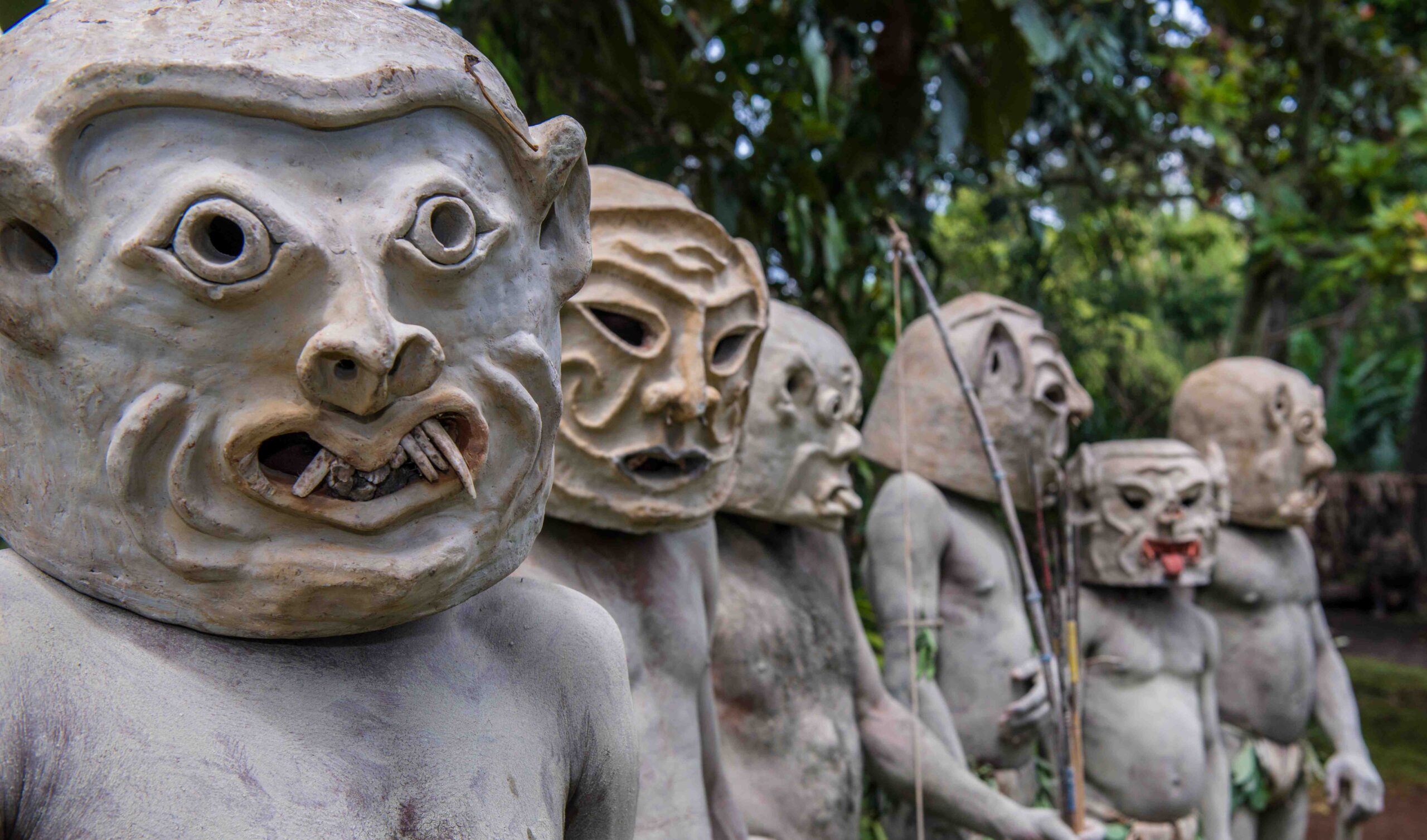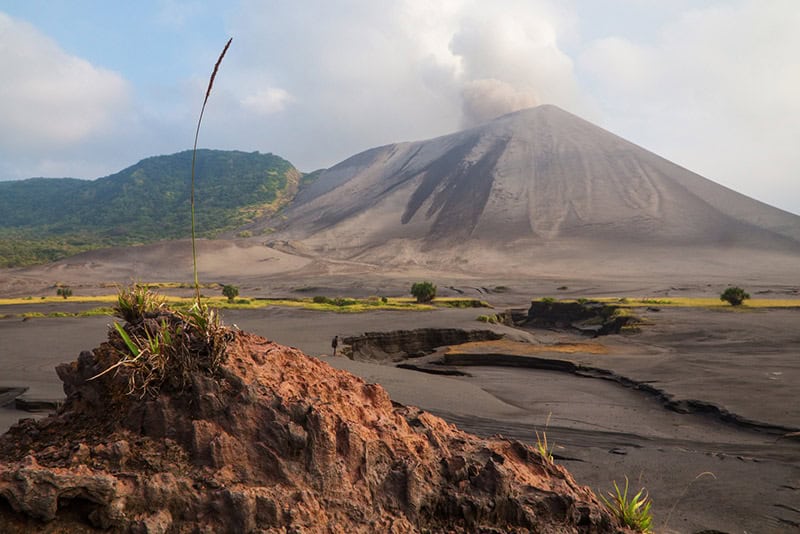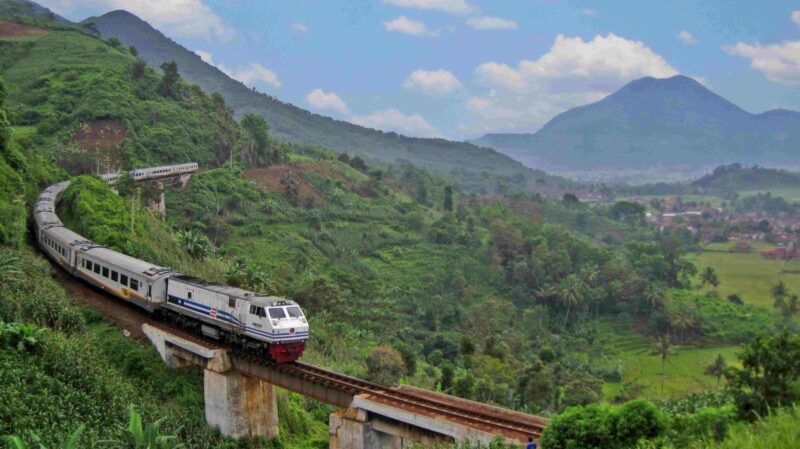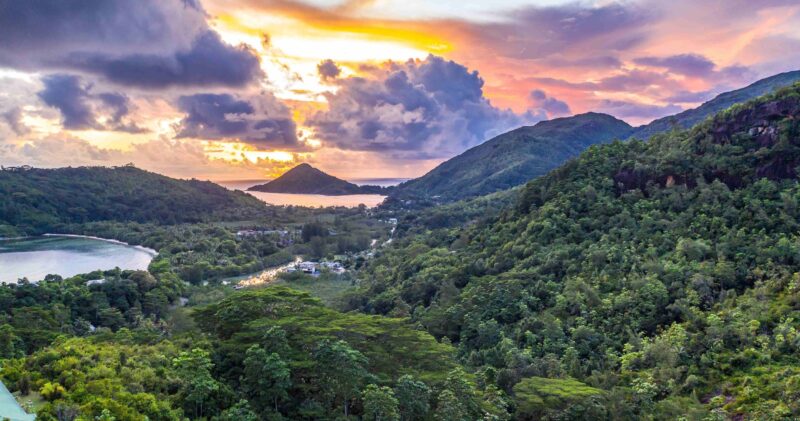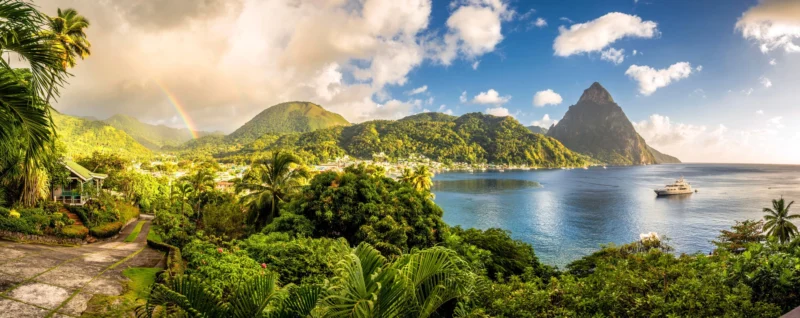| Tour Code | Start | End | Trip Status | Pricing Per person |
|---|---|---|---|---|
| PEX/170626 |
Jun 17, 2026
Wednesday |
Jul 14, 2026
Tuesday |
Guaranteed |
£21,995.00
Single Room Supplement: £2,850.00 |
| PEX/230926 |
Sep 23, 2026
Wednesday |
Oct 20, 2026
Tuesday |
Full |
£24,950.00
Single Room Supplement: £2,850.00 |
| PEX/140727 |
Jul 14, 2027
Wednesday |
Aug 10, 2027
Tuesday |
Guaranteed |
£24,950.00
Single Room Supplement: £2,850.00 |
Pacific Islands Explorer
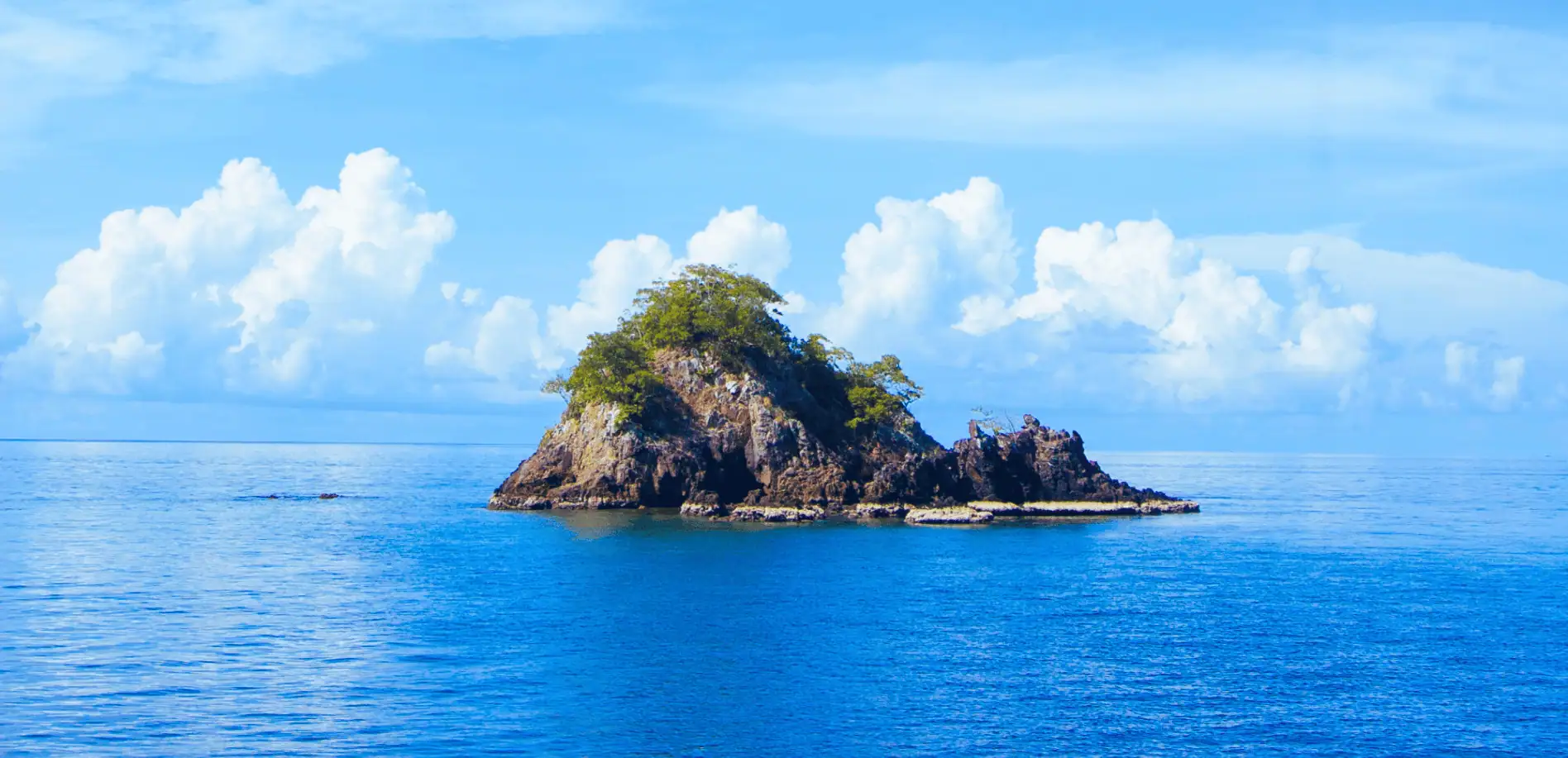
This remarkable journey through the South Pacific and beyond offers an extraordinary opportunity to experience some of the world’s most remote and culturally diverse destinations. Beginning in Brisbane, the tour explores Micronesia’s ancient ruins at Nan Madol, the phosphate landscapes of Nauru, and the wartime history of Kiribati. Continue to Samoa for vibrant cultural traditions and volcanic scenery, before discovering Tonga’s island heritage and the Solomon Islands’ blend of natural beauty and poignant wartime history. In Vanuatu, marvel at traditional kastom villages and witness the raw spectacle of Yasur, one of the world’s most accessible active volcanoes. The adventure concludes in Papua New Guinea, where visitors encounter tribal communities in the Wahgi Valley, rich with birdlife, orchids, and ancient customs. This is a rare voyage across scattered island nations and untouched cultures, offering a truly once-in-a-lifetime travel experience.
Arrival and departure transfers
All accommodation
Transport throughout
Services of local English-speaking guides (please note that the group will travel unaccompanied between each island state. A local guide will be allocated in each island for all sightseeing and excursions)
All regional flights – as referred to in the itineary
Meals as listed (B – Breakfast, L- Lunch, D – Dinner)
Entrance fees for sites listed as part of the itinerary
International flights
Items of a personal nature
Travel Insurance
Visas, if required
Drinks
Tips (discretionary)
Covid-19 test/s and related procedures, if required
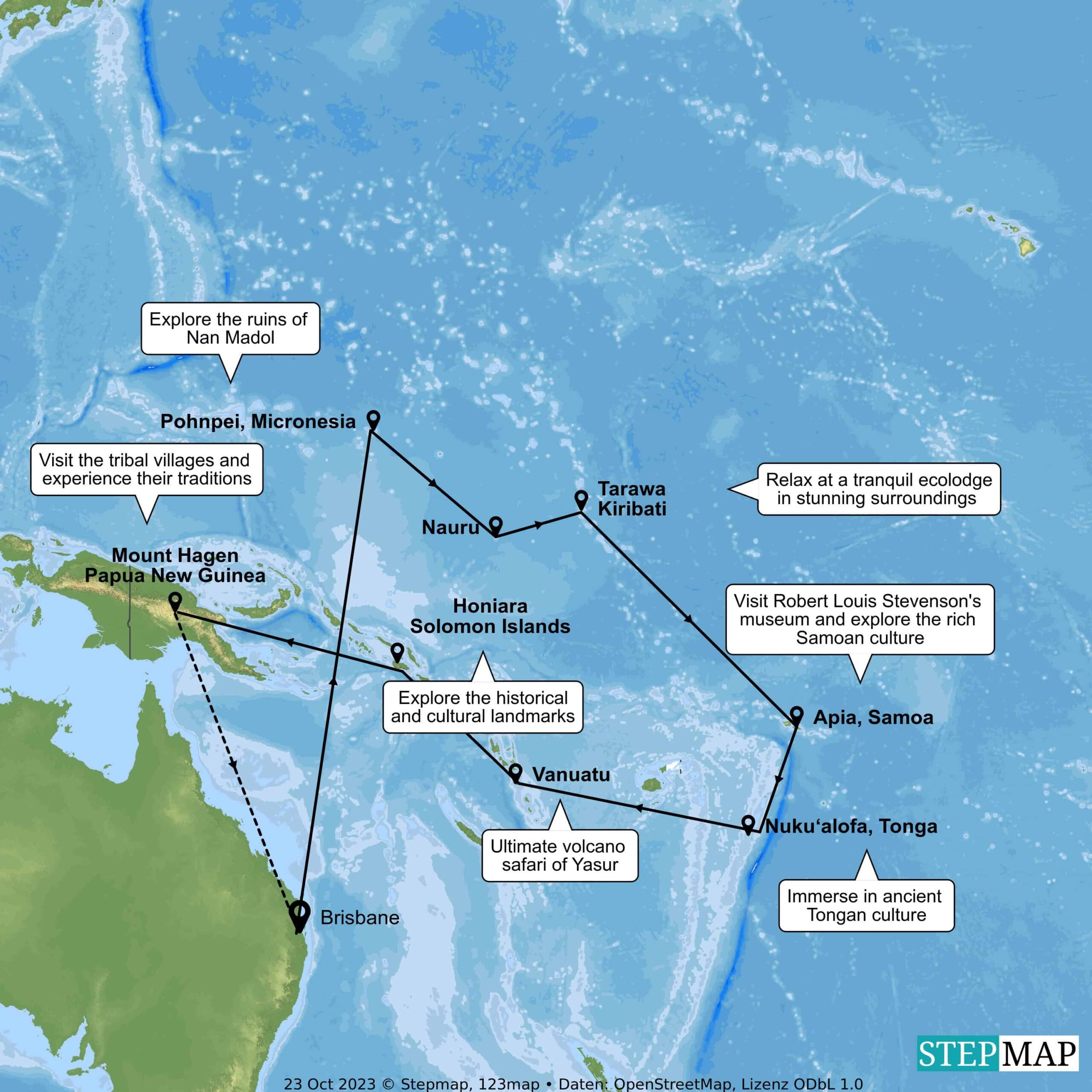
This remarkable journey through the South Pacific and beyond offers an extraordinary opportunity to experience some of the world’s most remote and culturally diverse destinations. Beginning in Brisbane, the tour explores Micronesia’s ancient ruins at Nan Madol, the phosphate landscapes of Nauru, and the wartime history of Kiribati. Continue to Samoa for vibrant cultural traditions and volcanic scenery, before discovering Tonga’s island heritage and the Solomon Islands’ blend of natural beauty and poignant wartime history. In Vanuatu, marvel at traditional kastom villages and witness the raw spectacle of Yasur, one of the world’s most accessible active volcanoes. The adventure concludes in Papua New Guinea, where visitors encounter tribal communities in the Wahgi Valley, rich with birdlife, orchids, and ancient customs. This is a rare voyage across scattered island nations and untouched cultures, offering a truly once-in-a-lifetime travel experience.
Wander the Lost City of Nan Madol
Discover the mystical, ancient stone city of Nan Madol in Pohnpei, once the spiritual and political centre of the Saudeleur Dynasty.
Explore the Forgotten Island Nation of Nauru
Experience the world’s third smallest country with a circle island tour, visiting surreal phosphate pinnacles, Buada Lagoon and colonial relics.
Stand on the Rim of Mount Yasur Volcano, Vanuatu
Witness the raw power of one of the world’s most active volcanoes on Tanna Island, with a twilight ascent to the crater rim.
Experience Cultural Immersion Across Remote Micronesia and Polynesia
Engage with local traditions in Kiribati, Samoa and Tonga – from WWII history and sacred battle sites to firewalking villages and Tongan feasts.
Uncover Tribal Traditions in Papua New Guinea’s Wahgi Valley
pend three unforgettable days amidst the Melpa, Huli and Mulpa tribes of the highlands, witnessing traditional lifestyles, colourful attire and rich oral traditions.
Download the Information Pack
To download the tour full dossier, which includes a complete day-by-day itinerary breakdown and detailed tour information, fill in the details below.

Foreign Office Travel Warnings We constantly monitor the advice posted by the British Foreign, Commonwealth and Development Office (FCDO). In particular we will always advise clients of any travel warnings. At the time of writing the Foreign and Commonwealth Office does not advise against travel to any of the countries or areas that we visit on this tour. It should be noted that this information applies to British citizens. Other nationals are asked to check the current position of their respective government. Visa Information Please note that all information is provided for guidance only and is subject to change. Nauru Most nationalities require a visa for entering Nauru. Please visit the Nauru’s Government website for the latest updates on the visa requirements – https://www.nauru.gov.nr/about-nauru/visiting-nauru/visa-requirements.aspx Tonga UK, US, Canadian, Australian and most EU citizens do not require a visa for a stay of up to 30 days. Solomon Islands UK, US, Canadian, Australian and most EU citizens do not require a visa for a stay of up to 3 months. Vanuatu / Kiribati UK, US, Canadian, Australian and most EU citizens do not require a visa for a stay of up to 30 days. Samoa UK, US, Canadian, Australian and most EU citizens do not require a visa for a stay of up to 60 days. Papua New Guinea Most nationalities require a visa for Papua New Guinea, which is an evisa – most passport holders can apply for an easy visitor permit for either 20 days or 60 days. Please visit https://evisa.ica.gov.pg/evisa/account/Apply for more information and to apply. If you need a cover letter, this will be provided by Undiscovered Destinations. Please note that you may be asked to produce a return or onward ticket as a condition of entry to most of the countries covered on this tour. We recommend that you have proof of your travel arrangements and a copy of this tour dossier to hand, ready to produce to the immigration authorities. As regulations can frequently change, it is the responsibility of all travellers to check the very latest requirements at the time of booking, upon making any balance payments and again no later than four weeks before departure. For further details please visit the applicable website shown below. British Nationals – www.gov.uk/foreign-travel-advice US Nationals – https://travel.state.gov/en/international-travel.html Australian Nationals – www.smartraveller.gov.au/ Other nationals should check the latest requirements with the authorities in their home country, or with the destination’s nearest embassy or consulate. Passports It is your responsibility to ensure that you are in possession of a full passport, valid for at least six months after the date of return to your country. We strongly advise that your passport contains a minimum of two blank pages, as this may be a requirement of the local immigration authorities. In addition, certain countries will stipulate that the two blank pages are opposite each other. If you are unable to meet these requirements, you may be refused boarding by your airline or denied entry by the immigration authorities. For specific information about the requirements for your destination please check with the country’s embassy or consulate. Alternatively, UK citizens can visit www.gov.uk/foreign-travel-advice. Vaccinations & Protection As with travel to most parts of East Africa and the Indian Ocean, we strongly recommend that you contact your doctor’s surgery or a specialist travel clinic for up-to-date information, advice, and the necessary vaccinations. For a visit of less than one month you maybe advised to have immunisations against the following: Diphtheria and Tetanus, Hepatitis A, Typhoid, Meningitis. The use of a DEET-containing insect repellent may also be recommended. The legal status and regulation of some medicines prescribed or purchased in your home country can be different in other countries. If you’re travelling with prescription or over-the-counter medicine, read this guidance from NaTHNaC on best practice when travelling with medicines. For further information on the legal status of a specific medicine, you’ll need to contact the embassy, high commission or consulate of the country or territory you’re travelling to. Travel Insurance It is a condition of booking with Undiscovered Destinations that you have adequate valid travel insurance. It is your responsibility to arrange appropriate travel insurance and ensure you have read and understood the full terms and conditions of your travel insurance policy to ensure that you are covered for all activities you intend to undertake whilst on the tour, including all optional activities. Your Insurance Policy must fully cover you for medical expenses (including cover for Covid-19 conditions) and emergency repatriation to your home country and be valid for the entire duration of your holiday. Local Conditions When travelling to our destinations, many of which are underdeveloped and untouristed by mainstream tourism, a good deal of patience and a sense of humour is an important attribute. This will help you to cope with problems such as ageing or poor infrastructure and when maintenance may not be as high as we would always like. The choice of appropriate accommodation in some towns and cities (particularly the smaller places) can be limited, and standards of both service and maintenance can be less than polished. Guides and other service providers in some of our destinations do not always have the decades of collective practice and experience that their counterparts in more developed countries can draw upon. Although we will always try and resolve any issues as quickly as possible, on occasions there may be some shortcomings which no matter how hard we try will be unavoidable. Safety Perception in the South Pacific The South Pacific Islands are generally safer travel destinations than most places in the world, and the locals are some of the friendliest you’ll ever meet. But, as when travelling anywhere on the planet, it pays to use a little common sense. Exercise normal safety and security precautions as you travel around the South Pacific. General travel advice in parts of the Pacific can been as socially conservative – particularly outside the tourist and resort areas. Even in the larger cities, assaults and violent crime are uncommon, but they do occur. Play it safe when walking around at night: stick to well-lit areas where there are other people are hanging around and avoid situations where you might be vulnerable. You won’t see many local ladies travelling solo, but the South Pacific is generally a safe and respectful region for visiting women to navigate alone.
